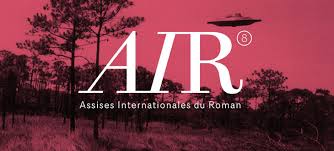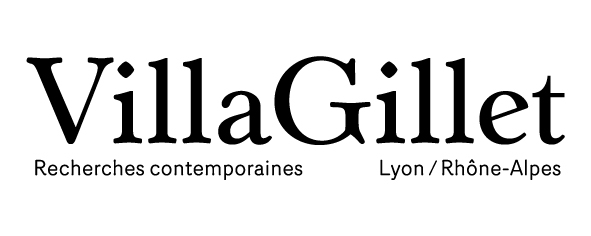Kirsty Gunn: Sound and Writing
![[title-image]1332154753833[/title-image] Kirsty Gunn © Mathieu Bourgois](https://cle.ens-lyon.fr/anglais/images/gunn_1410163141583-jpg)
Les éditions Christian Bourgois publieront prochainement un recueil en français des textes écrits à l'occasion des assises du roman.
That sound you hear, as though coming off the lonely Scottish hills, through the fine Highland air, passing across straths and glens, along rivers and to the sea... Is the sound of the piobaireachd, the classical music of the great Highland bagpipe, a music made for Gatherings, Salutes and Laments, a grand and grave and complicated music - Ceol Mor it is in Gaelic - The Big Music.
The Big Music, too, is the title of my latest work of fiction - not a novel, but an elegy, as Virginia Woolf described all her work - a story that sounds as much as it says... An experience of words, of a story of people and a landscape, of a love story played across generations, that nevertheless sounds in the mind, I hope, like a piobaireachd might, lending that form's great scale and plangency to my fiction's every thought and conversation, every ream of pages and part of narrative, every paragraph and feeling, sentence and deed.
For when we write, those of us who are interested in making music with our words, those of us who, like Woolf again, are engaged in the project of the Lyrical Novel, we want to make the story sound. To have it cry and soar, range from top most notes to the bottom, move from the barely articulated pianissimo to the certainty of the forte in the upper range... To find chords in places, where many emotions may come together, where many stories may sound as one, and then empty rests in others, where those same notes have been loosened into silence; to find one thin theme (sing the notes) B E, A A, B E, A A: "The hills only come back the same: I don t mind" as the notes of my book begin. That is our aim, our listening to the writing and writing down what we hear. So we wait for the story that was there - before character, before setting, before plot and development and resolution and end. Before all our plans for it, all our talking and note taking and first drafts and edits... So the music of the story was always there.
And music, once it's written, can enlarge, change and transport the words to a context that is multiple and various and expansive and new - like a symphony we've heard a hundred times but can hear it again as though for the first, like a sonata we love or a song we adore, or a piobaireachd that we have just had played for us here, in this room, in Lyon, this evening. Though, to paraphrase a line in my book, of course we may need the story "for the tune", music, if we can find it in our words, does what words never can.
Pour citer cette ressource :
Kirsty Gunn, Kirsty Gunn: Sound and Writing, La Clé des Langues [en ligne], Lyon, ENS de LYON/DGESCO (ISSN 2107-7029), septembre 2014. Consulté le 26/02/2026. URL: https://cle.ens-lyon.fr/anglais/arts/musique/kirsty-gunn-sound-and-writing



 Activer le mode zen
Activer le mode zen

